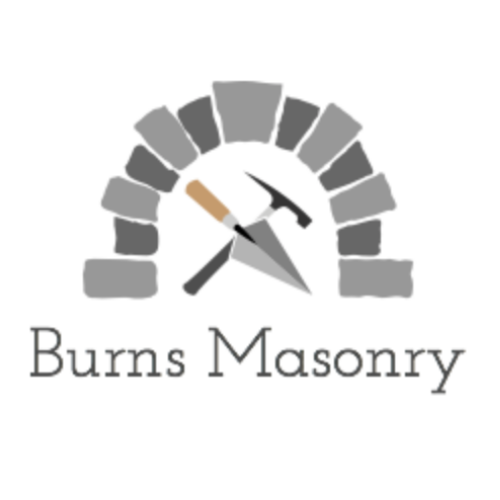Concrete vs. Brick: Comparing the Pros and Cons for Your Project
When it comes to construction projects, whether it be for a new building or renovating an existing structure, one important decision to make is choosing between concrete and brick. Both materials have their own unique set of advantages and disadvantages, and understanding them can help you make an informed decision. In this article, we will compare the pros and cons of concrete and brick, with a focus on a common issue many homeowners face: repointing a brick wall.
Concrete is a popular choice due to its versatility. It can be molded into any shape, making it ideal for various architectural designs. It is also highly durable and can withstand harsh weather conditions, making it a long-lasting choice for outdoor structures. Furthermore, concrete is fire-resistant and provides excellent insulation, promoting energy efficiency. However, one drawback of concrete is its maintenance. Over time, it may crack and require repairs that can be costly. Additionally, concrete is not as aesthetically pleasing as brick, which is an important consideration for many homeowners.
On the other hand, brick is renowned for its classic and timeless appearance. It adds charm, character, and elegance to any building. Brick is also a durable material that can last for centuries, requiring minimal maintenance. When properly maintained, brick walls can withstand weather conditions, including heavy rain and snow. However, brick is more susceptible to damage from earthquakes or significant ground movements. One common issue with brick walls is the deterioration of mortar joints, which may require repointing.
repointing brick walls is the process of removing and replacing damaged mortar between bricks. It is an essential maintenance task that helps preserve the structural integrity of the wall. This procedure involves grinding out the old mortar, then filling in the gaps with new mortar. Repointing not only enhances the appearance of the brick wall but also prevents moisture from seeping into the structure, preventing further damage. However, repointing can be time-consuming and labor-intensive, depending on the size and condition of the wall.
In conclusion, choosing between concrete and brick for your construction project depends on various factors such as aesthetics, durability, and maintenance. Concrete offers versatility, durability, and insulation properties but may require costly repairs over time. On the other hand, brick provides a timeless and elegant appearance, with minimal maintenance requirements. However, brick walls may require repointing, a necessary process to prevent further damage and maintain structural integrity. Ultimately, the choice between concrete and brick should be based on your specific project needs and preferences.
If you have a brick wall that requires repointing, it is crucial to consult a professional to assess the extent of the damage and provide appropriate solutions. Regular maintenance and timely repairs can help ensure the longevity of your brick wall, preserving its beauty and structural integrity for years to come.
Publisher Details:
Burns Masonry Inc
https://www.burnsmasonry.com/
Tuckpointing & Repointing – Chimney Repair – Foundation Repair – Recent Work
